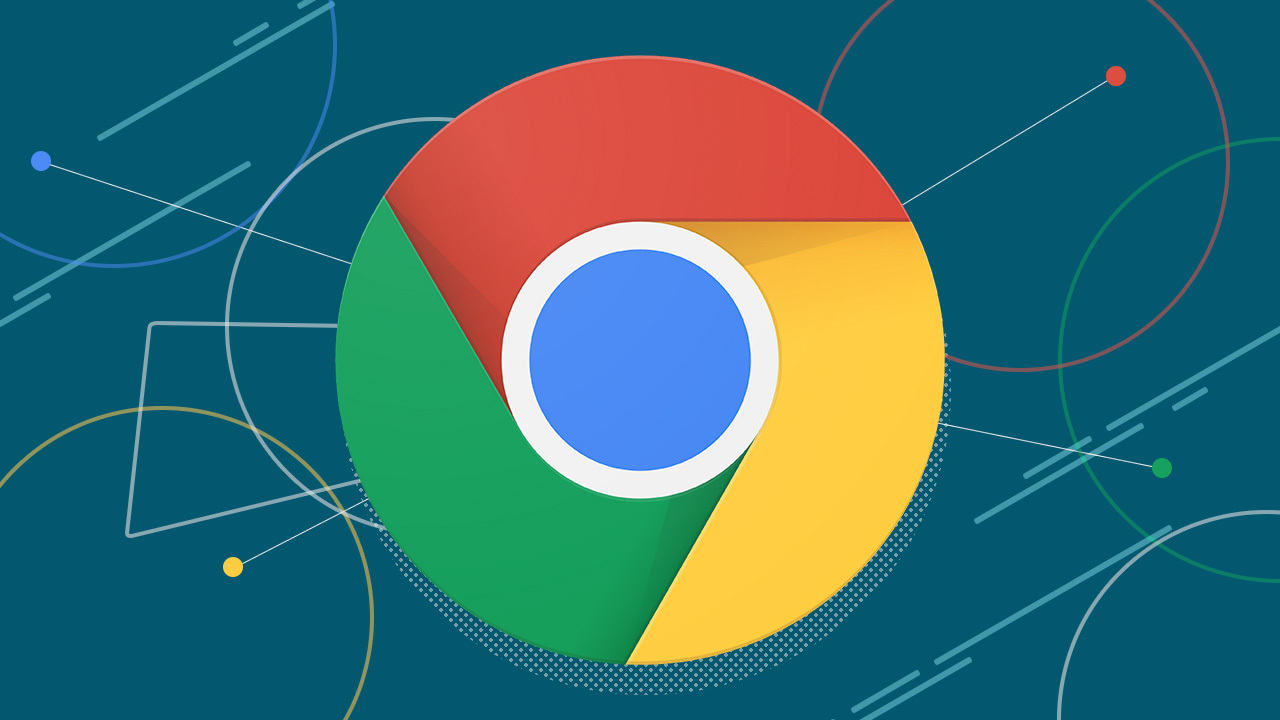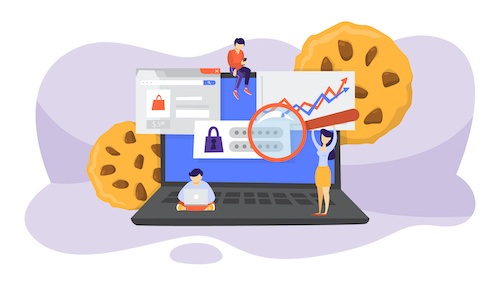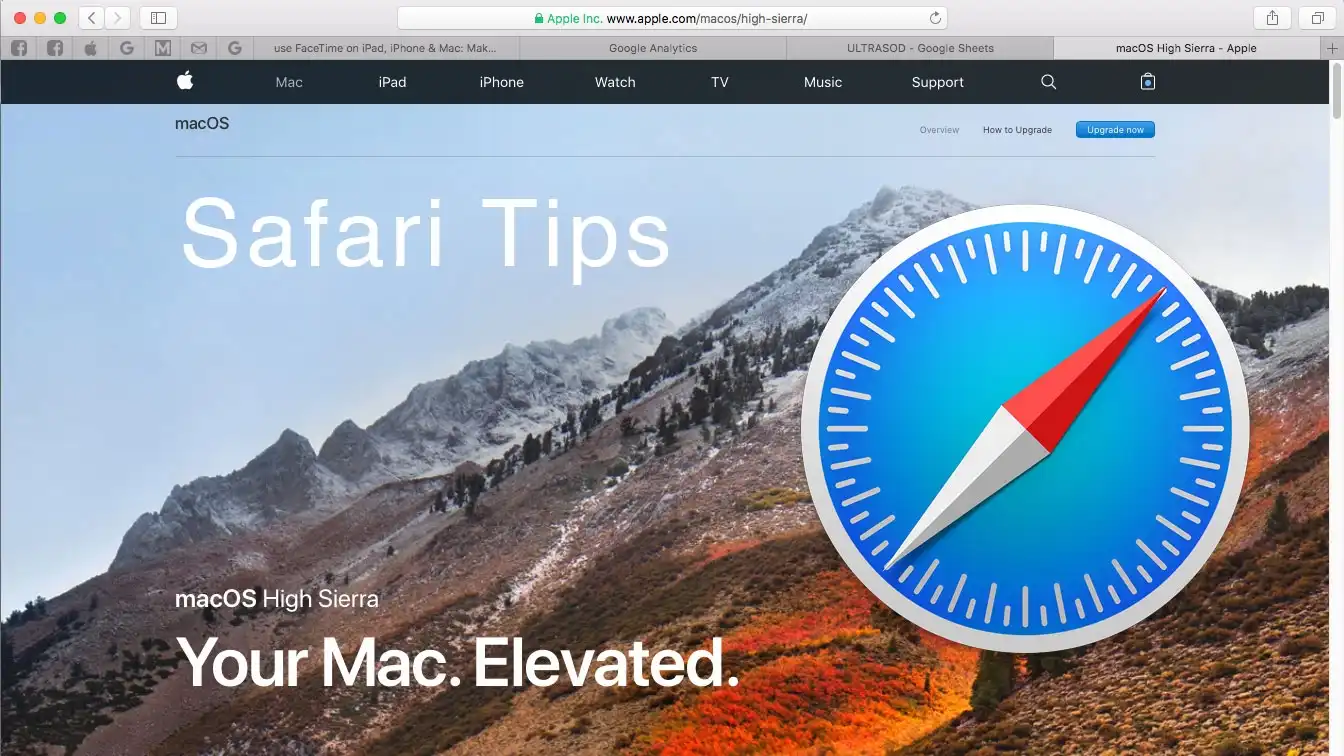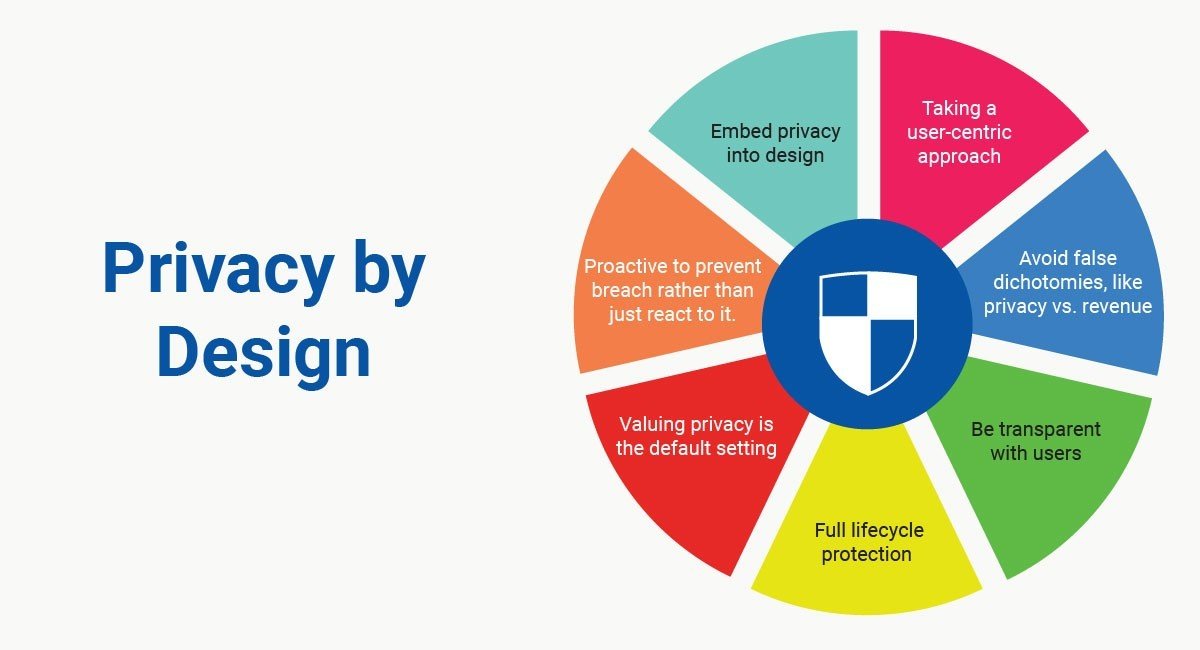5 min to read
Google Allows Third-Party Cookies for One More Year

Google has decided to give third-party cookies another year before making any decisions about their use.
The search engine giant ran a three-month public consultation to assess the impact of cookies that are not first-party but are instead set by a third party, such as an advertising or analytics company. The aim was to gauge the user sentiment around these cookies and find a way to balance the needs of users and publishers.
Google has now said it will give third-party cookies another year to operate as usual before any changes are made. This decision was primarily based on the feedback received, with over 90 percent of respondents stating they wanted to keep third-party cookies.
CodeDesign is a leading digital marketing agency ranked #1 in Lisbon, Portugal. You could work with us to accelerate your business growth.
Google Announces It Will Allow Third-Party Cookies for One More Year.

Third party cookies
The new policies means that advertisers and other third-party services will still be able to track users' browsing behavior across the web to serve them targeted ads.
While this may be good news for advertisers, it's not so good for users' privacy. Cookies can be used to track everything from what websites someone has visited, their shopping habits, and political views.
So, suppose you're uncomfortable with companies tracking your browsing behavior. In that case, it's a good idea to use a browser extension like Privacy Badger, which blocks cookies from being set without your consent.
Google Is Giving Website Owners Time to Adjust to New Policies.

Google is giving website owners a year to adjust to their new policies. Third-party cookies will no longer be allowed, with plans to start phasing them out in 2024.
This means that website owners need to find a way to track users without using these cookies. Google is providing an API that will allow them to do this.
Third-Party Cookies Help Target Ads and Track User Behavior.

As Google is allowing third-party cookies on its sites for another year, advertisers will be able to continue to target ads and track user behavior based on browsing history.
This decision was made in response to the European Union's General Data Protection Regulation (GDPR), enacted in May this year. Under the GDPR, companies are required to get explicit consent from users before tracking their behavior.
The EU Commission and the UK's Competition and Markets Authority are conducting antitrust investigations into Google's decision to gradually phase out third-party cookies in Chrome as part of a larger strategy to create a privacy sandbox with open standards for tracking users while protecting their privacy (e.g., through new browser APIs like trust tokens). However, this strategy faces significant obstacles in these investigations.
Google Says It Will Phase Out Cookies Within Two Years.

Cookies are files downloaded to your computer or mobile device when you visit a website. They are used to track your online behavior and collect information about your interests, then target you with ads.
Many people favor Google's decision to phase out cookies, believing that this will protect users' privacy. However, others feel that this will hurt website owners, as they will lose access to essential data about their users.
Other Browsers Are Already Blocking Third-Party Cookies.

This decision is a surprise, as other browsers like Firefox and Safari have already announced that they will be blocking third-party cookies by default.
What does this mean for you? Well, if you use Google Chrome as your primary browser, you'll still be able to enable cookies from third-party websites. However, if you use Firefox or Safari, you'll need to take additional steps to ensure these cookies are enabled.
The Solution Is Based on the Principle of "Privacy by Design."

The decision is based on the principle of "privacy by design," which aims to put privacy at the forefront of product development. According to Google, this will give developers more time to adopt new privacy-friendly technologies.
While this move will disappoint many privacy advocates, it's important to remember that Google is not the only company that relies on cookies. Most online platforms use cookies in some way or another to track user activity and target ads. The solution to this problem lies not with Google but with the advertising industry. Advertisers must be more transparent about how they use data and give users more control over their privacy settings.
Google Is Working on New Ways to Target Ads Without Cookies.
The company is working on new ways to target ads without using cookies. While this change may seem like a setback for advertisers and publishers, it could be good. Cookies are becoming less and less reliable as more people block them, and they can often be used to track people's movements across the web without their consent.
To ensure that advertisers can still target and measure digital advertising without utilizing personally identifiable information or third-party cookies that monitor what individuals do online, Google is leading an industry-wide initiative called Privacy Sandbox.
Conclusion
Most marketing teams were accustomed to initiating marketing campaigns utilizing third-party cookies. If you lost access to those, you would need to reconsider your approach, develop better ways to gather data (first-party data), and personalize ad campaigns without using cookies.
What is your opinion about Google's decision to allow third-party cookies?

About Bruno GavinoBruno Gavino is the CEO and partner of Codedesign, a digital marketing agency with a strong international presence. Based in Lisbon, Portugal, with offices in Boston, Singapore, and Manchester (UK) Codedesign has been recognized as one of the top interactive agencies and eCommerce agencies. Awarded Top B2B Company in Europe and Top B2C company in retail, Codedesign aims to foster personal relationships with clients and create a positive work environment for its team. He emphasizes the need for digital agencies to focus on data optimization and performance to meet the increasingly results-driven demands of clients. His experience in digital marketing, combined with a unique background that includes engineering and data, contributes to his effective and multifaceted leadership style. |

About CodedesignCodedesign is a digital marketing agency with a strong multicultural and international presence, offering expert services in digital marketing. Our digital agency in Lisbon, Boston, and Manchester enables us to provide market-ready strategies that suit a wide range of clients across the globe (both B2B and B2C). We specialize in creating impactful online experiences, focusing on making your digital presence strong and efficient. Our approach is straightforward and effective, ensuring that every client receives a personalized service that truly meets their needs. Our digital agency is committed to using the latest data and technology to help your business stand out. Whether you're looking to increase your online visibility, connect better with your audience, get more leads, or grow your online sales. For more information, read our Digital Strategy Blog or to start your journey with us, please feel free to contact us. |
CodeDesign is leading:
- Digital Agency
- Digital Marketing Agency
- Digital Ecommerce Agency
- Amazon Marketing Agency
Feel free to contact us to see the unprecedented growth of your business.
Feel free to contact us to see the unprecedented growth of your business.

Add comment ×